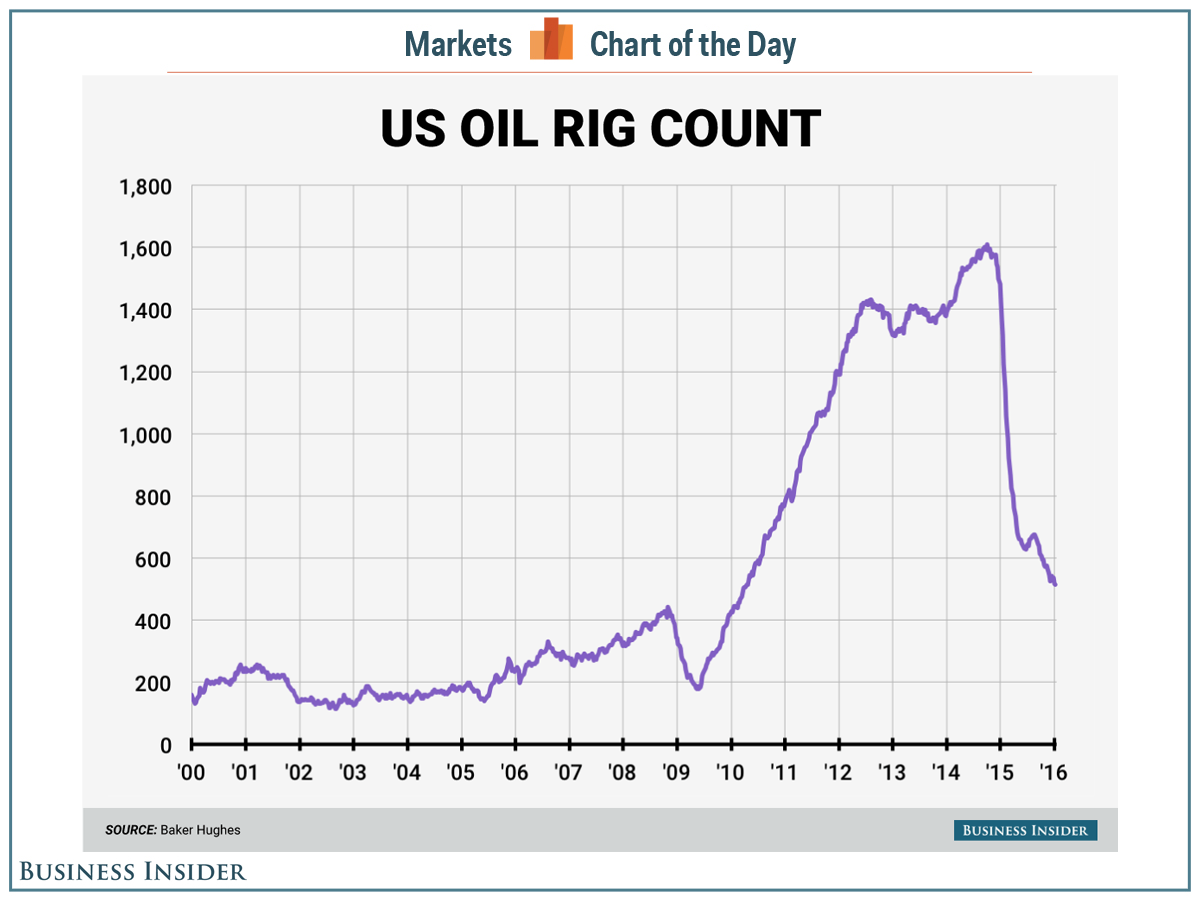Now, for an issue in the wheelhouse: OPA-90, pollution cover, 12(b)(6) motions, and appeals. It's like Christmas morning.
The US Government owned a military transport, the FISHER. It spilled 11,000 gallons of fuel near Boston harbor. Ironshore, a pollution underwriter, paid for cleanup, then it pursued the US and Amsea .Amsea was responsible for crewing and maintaining the FISHER.
The district court dismissed the case on the pleadings, finding that Ironshore can't go after the government or Amsea under OPA-90, and that OPA-90 provides all the possible remedies for an oil spill like this. Ironshore appealed, and it won.
The First Circuit ruled Ironshore could not proceed against the government or against Amsea under OPA-90. OPA-90 exempts "public vessel," and although that term is not defined in OPA-90, it is, conveniently, defined in case law following the well-named Public Vessels Act of 1925 (which waives sovereign immunity for public vessels). That case law establishes that public vessels certainly include US government and military vessels, even when they are crewed by third parties. The First Circuit held:
The strict hierarchical relationship between the Military Sealift Command and AMSEA establishes, as the district court concluded, that AMSEA crewed the FISHER under the operational control of the United States. AMSEA did not lease the FISHER from the United States, nor was it permitted to use the vessel for its private gain. Rather, all of AMSEA's work on the FISHER benefited the Military Sealift Command and the United States directly. Under the OPA, the United States both owned and operated the FISHER
As the vessel was a public vessel, it is exempt under OPA-90.
But wait, there's more!
OPA-90 does not occupy the field. Its language leaves general maritime remedies in place. Therefore, Ironshore gets to go after the US under general maritime law / the Public Vessels Act. But when pursuing a government vessel under the Public Vessels Act, a party can only go after the government, not an agent like Amsea. End result: Ironshore gets to go after the US government, but not after Amsea.
This seems like clearly the right result. Congress waived sovereign immunity for public vessels, but exempted public vessels under OPA-90. Therefore public vessels are still subject to all other remedies. Meantime Ironshore and its assured were responsible for cleaning up the spill in Boston harbor; it would be less than ideal if they didn't have a remedy against a party with assets. I would be surprised if the Amsea/government contract didn't make Amsea responsible for its own fault (as was here), so it is likely - or certainly should be likely - that Amsea is ultimately responsible for the damages caused by its own fault. As it should be.

